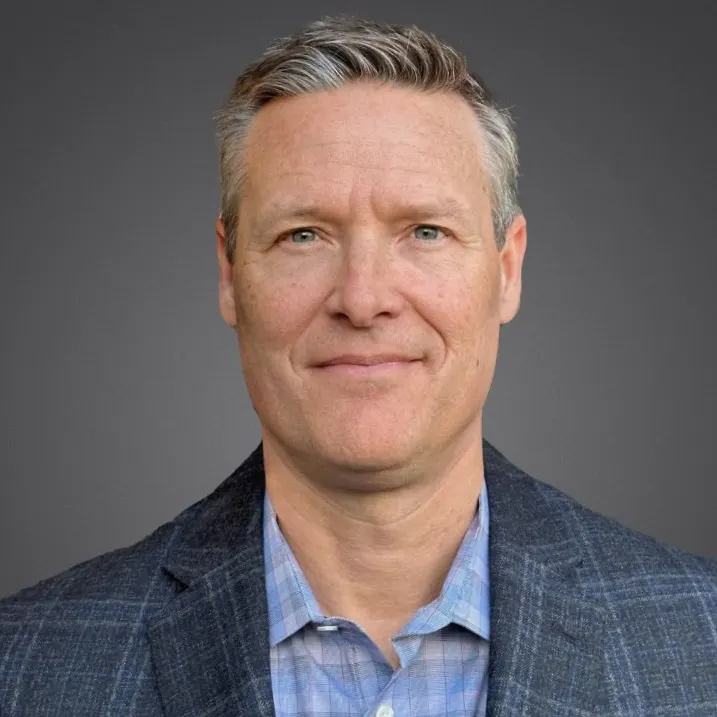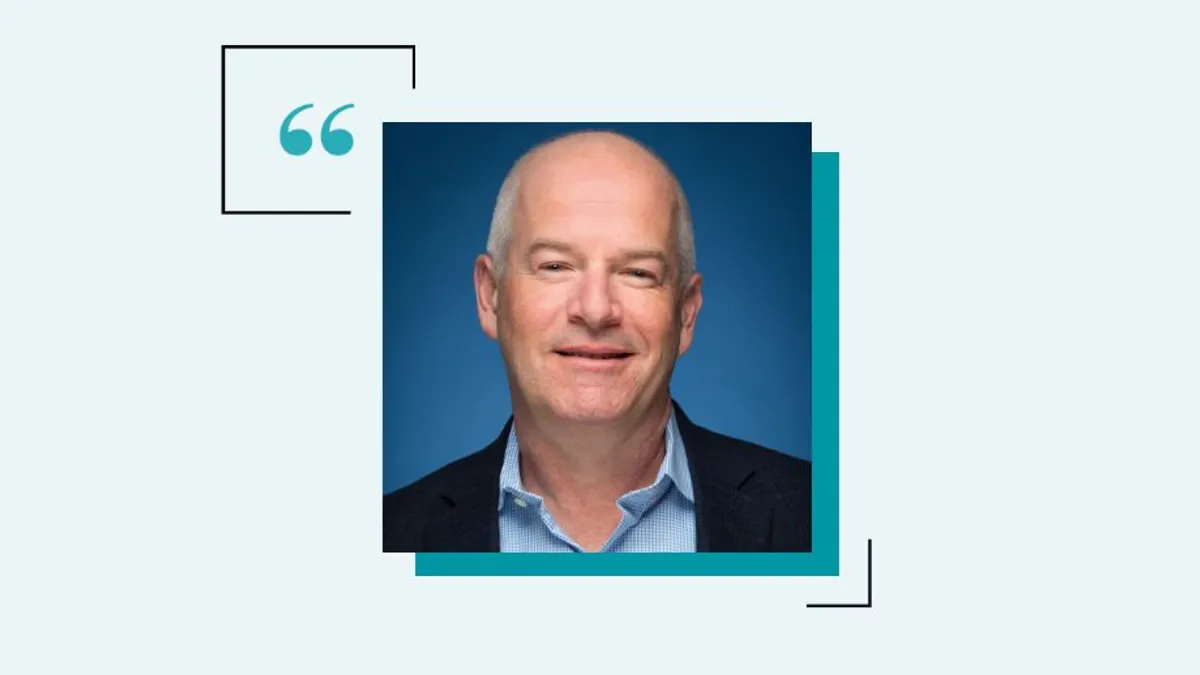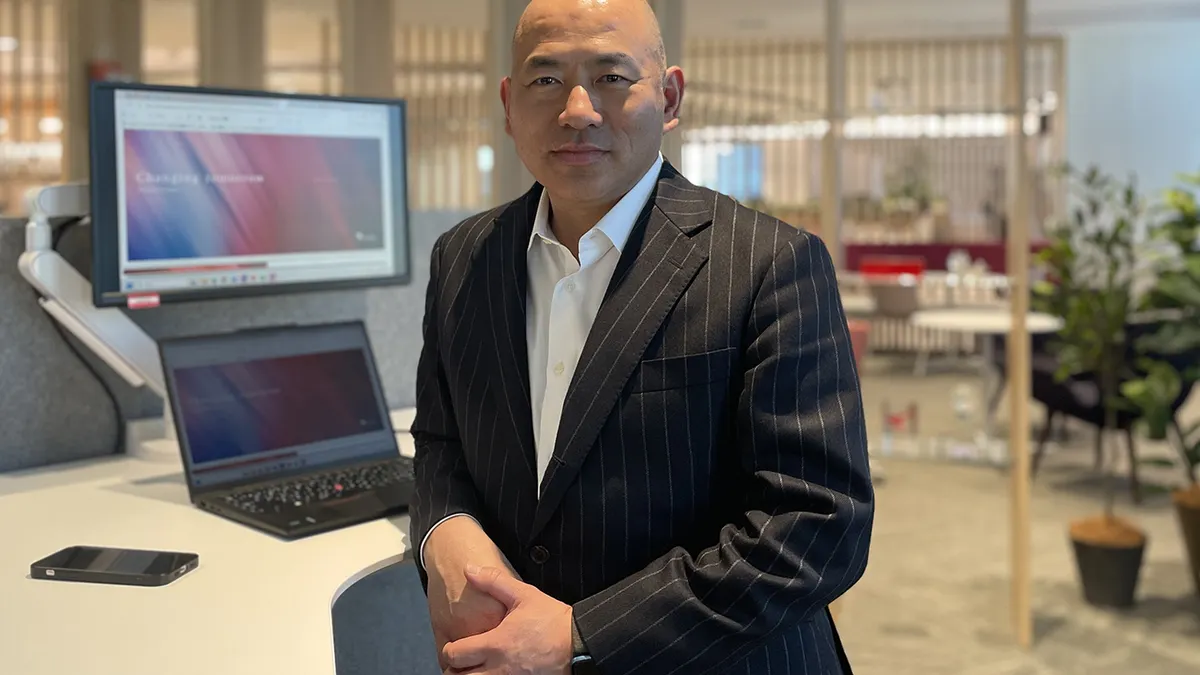Geoff Brannon’s most pivotal career moment happened a dozen years ago while he was a controller and his employer was acquired by NCR Corp. With his work absorbed by NCR’s own controller, Brannon was at a fork in the road.
He could accept another controller position elsewhere, or take advantage of an unexpected opportunity to join his current employer’s finance team. His decision to stay with NCR and shift into finance put him on a path to his role today as CFO of Rootstock Software, a cloud-based, manufacturing enterprise resource planning solution developed on the Salesforce platform.
Until moving into finance, Brannon held a series of increasingly responsible accounting positions, starting out of college at KPMG and culminating as controller at Radiant Systems, before NCR’s acquisition. During the next six years there, he immersed himself in a range of finance roles before being named divisional CFO.
Brannon next served as CFO at software provider Oversight Systems, where he helped manage a successful exit strategy via a private equity acquisition before joining Rootstock as CFO in early 2023.
Geoff Brannon

CFO, Rootstock
First CFO position: 2014
Notable previous employers:
- Oversight Systems
- NCR Corp.
- Radiant Systems
- LSI Corp.
- KPMG
This interview has been edited for brevity and clarity.
SANDRA BECKWITH: What made you the ideal candidate for the CFO position at Rootstock Software?
GEOFF BRANNON: Rootstock was looking for a seasoned CFO who had worked for a private equity-backed company and had in-depth software-as-a-service (SaaS) industry experience. My background with both comes from 20-plus years of leading financial planning and analysis, treasury, accounting, M&A, compliance, and financial reporting operations for global technology organizations.
The corporate culture and my personality were a good fit, too.
How does your background affect how you do the job?
BRANNON: I’ve always said that if I hadn’t chosen accounting and finance for my career, I would have selected something in a customer support function. I’m a people-pleaser who wants to help others work through difficult situations.
Because that mentality is a big part of my personality, I focus myself and my team on helping each function within the organization succeed by truly listening to and working with them.
Tell us about a pivotal moment in your career.
BRANNON: In 2011, after focusing on an accounting career that landed me in the controller position at my employer, the company was acquired by NCR. The organization didn’t need two controllers, so I thought I’d have to leave.
However, I was offered an opportunity to move into an FP&A role on the finance side and had the good sense to listen to mentors who advised me to take it. It turned into such a big “aha” moment for me because while I thought I knew about our business, that FP&A role helped me learn so much more.
Because it required me to work closely with each function, I learned how we built and sold products, went to market, and so much more. These are insights into the business I never got in an accounting role. It was the critical juncture in my career that ultimately led to where I am today.
What part of the CFO’s job is more difficult for you?
BRANNON: Without a doubt, it’s dealing with uncertainty. A big part of any CFO’s job is to look further into the future, where a lot more uncertainty creeps in, and accurately predict where the business will be then.
And those predictions are never right. But hopefully, they’ll at least be in the ballpark of what you expected to happen.
Was becoming CFO always the goal?
BRANNON: Right out of school, I went to work for KPMG in the audit practice. That led to roles on the accounting side, so in those early stages of my career, my goal was to be a controller of a publicly traded company. I achieved that goal in 2008.
Only when I shifted to the finance side three years later did I start thinking about something beyond being a controller. That’s when I began growing my finance muscle with hopes of one day becoming a CFO.
How do you determine who you hire in finance?
BRANNON: I start with several recruiters I trust and who know me and my style. They help me find great, qualified, candidates with passion and creativity. Then I try to get to know each candidate as best I can, not only on a work experience level, but in a way that helps me decide if their personality will fit within my team and the company.
After that, I'm very thorough with reference checks.
Finally, I ask, “Can I see myself working successfully with this person?”
Would you recommend the path you followed to others in finance hoping to become CFOs?
BRANNON: Yes, but the one thing I recommend, but didn’t do, is to work in another function, such as operations. That’s where you’ll learn more about the company and the business in general than you’ll get staying in finance and accounting.
If that's not possible, then at least develop relationships with people in other functions so you can learn what they do and the challenges they face.




















